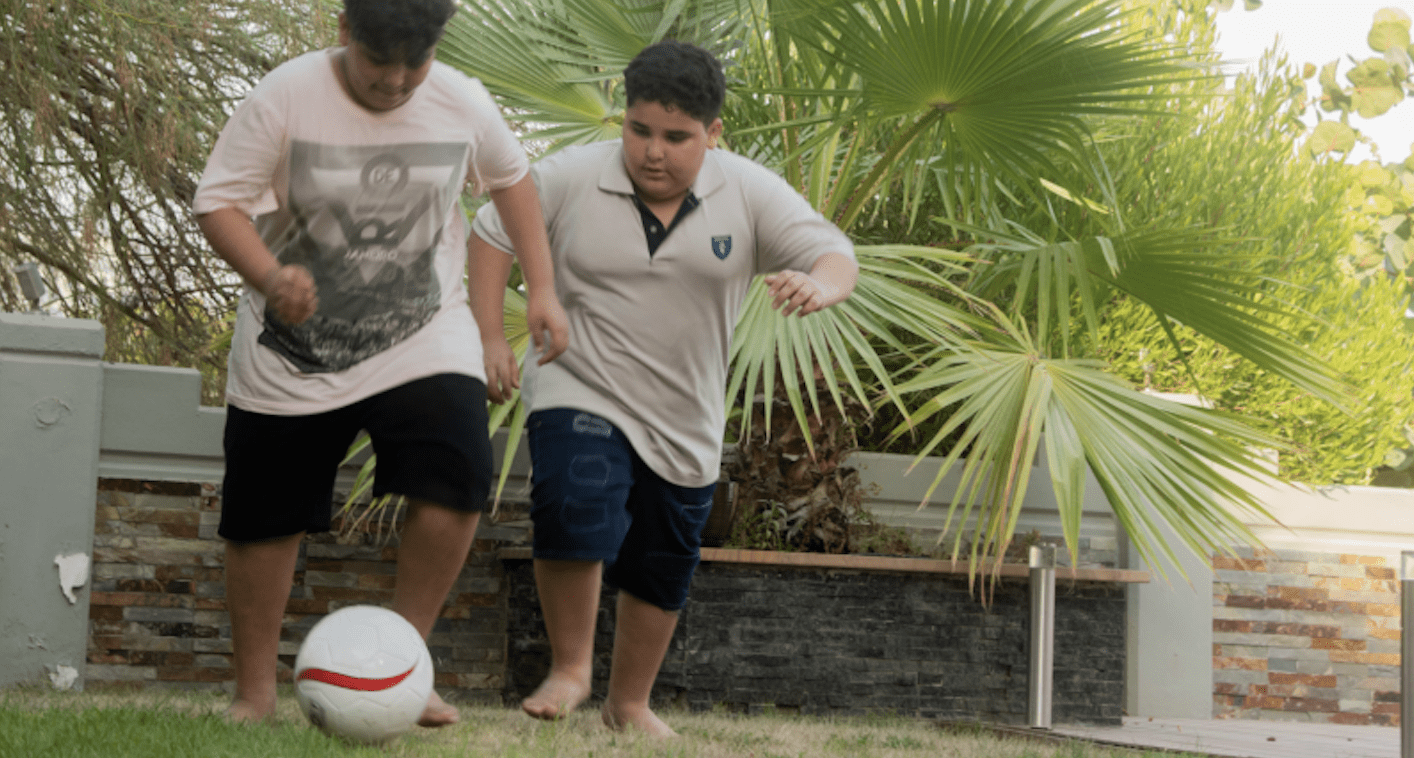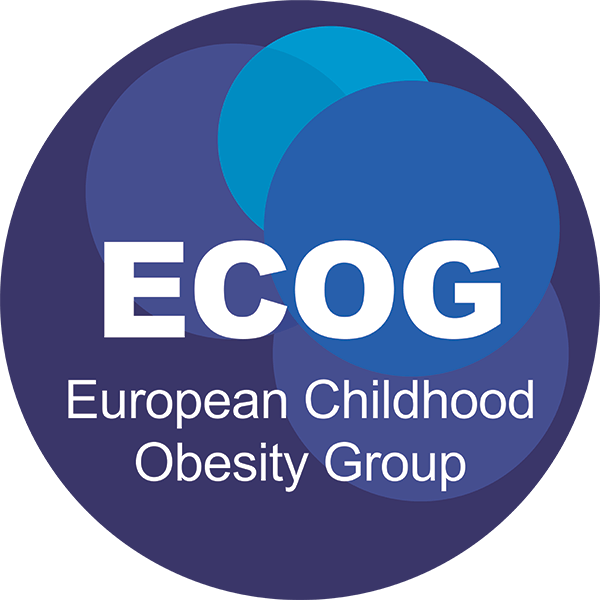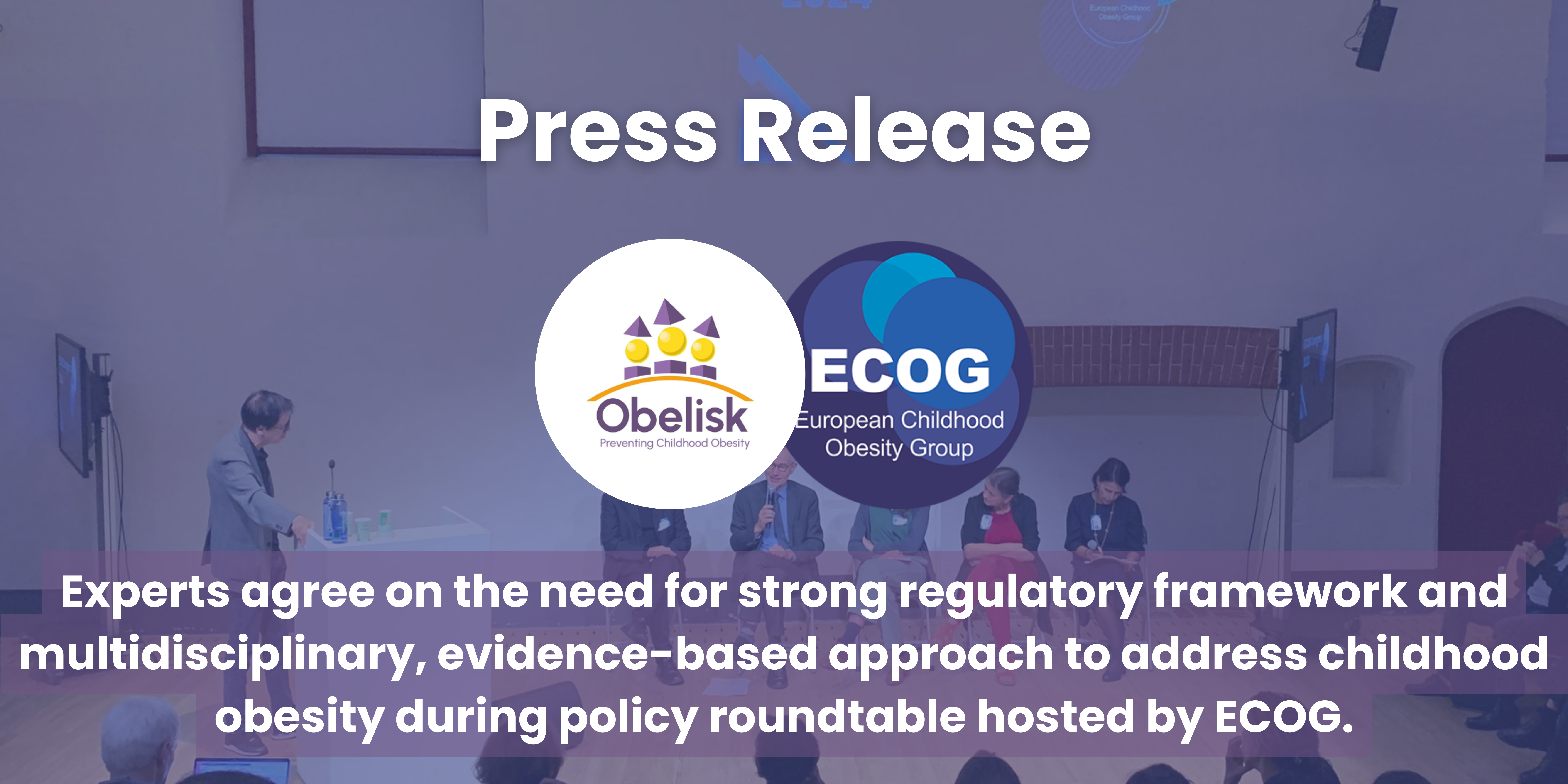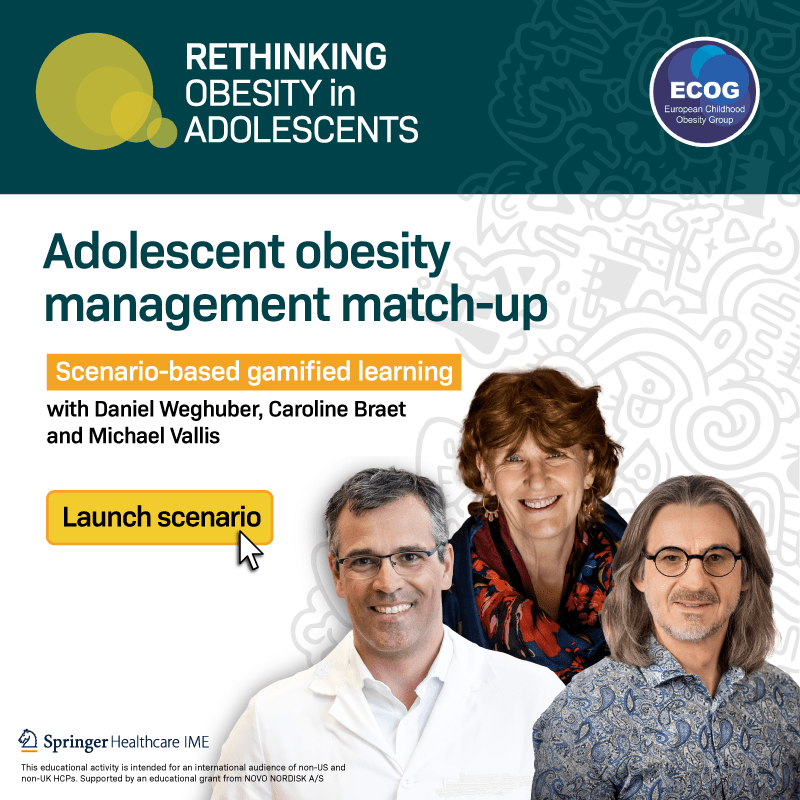Childhood obesity from diagnosis to treatment
A new learning path focusing on the diagnosis, treatment and management of children and adolescents with obesity that has been developed in partnership with the World Obesity Federation (WOF) is now available to access via the SCOPE E-Learning platform.
Consisting of six chapters authored by leading experts, the modules provide an essential insight into the early risk factors for obesity in children and adolescents; the impact of diet, fitness and psychological issues; the comorbidities associated with child and adolescent obesity, and the growing impact of the double burden of malnutrition. The course provides detailed treatment plans to allow health professionals to set effective goals and objectives for their child and adolescent patients.
Access to the pdf version of the courses →
Full e-modules downloadable from Scope →
Discover the summaries of our six modules here under.
1. Early Risk Factors and Interpretation of Growth Charts

Authors: Dr Marie-Laure Frelut, Professor Artur Mazur and Dr Elpis Vlachopapadopoulou.
This module considers some of the early risk factors of childhood obesity, including links between phenomena that take place during pregnancy and the first two years of a child’s life, and evidence that the first two years of life are a strong determinant of later health and obesity risks. The module also discusses how to use anthropometry, including which anthropometric criteria are useful to assess childhood obesity, and how analysis of growth charts can allow several distinct causes of early obesity to be detected
To access the course and find information on the single modules click here!
in collaboration with the World Obesity Federation
2. The Nutritional Management of Obesity

Authors: Dr Marie-Laure Frelut, Dr Véronique Nègre, Prof. Andrea Vania and Prof. Daniel Weghuber.
This course aims to allow a caregiver to consider the range of possibilities that underlie deleterious eating behaviour and food choices in children or adolescents suffering with obesity. It should allow you to distinguish between the various causes that lead to overeating, identify and explain these causes, set realistic goals and long-term objectives, and know when to ask other specialists, such as psychologists or child psychiatrists, to take care of certain eating disorders.
To access the course and find information on the single modules click here!
in collaboration with the World Obesity Federation
3. Physical Fitness in Children and Adolescents

Authors: Dr. Grace O’Malley, Dr. Susanne Ring-Dimitriou and Dr. David Thivel.
This module considers issues around physical fitness in children and adolescents with obesity. It should allow you to: differentiate the concepts of physical activity, inactivity and sedentary behaviours; understand the main recommendations relevant to children and adolescents with obesity; understand the main methods used to assess physical fitness; and better understand the main effects of physical activity interventions on fitness in children with obesity.
To access the course and find information on the single modules click here!
in collaboration with the World Obesity Federation
4. Psychological Assessment of Children and Adolescents

Authors: Prof. Caroline Braet.
This This course should allow you to distinguish between various psychological pathways leading to overeating in children and adolescents. It focuses on a range of psychological processes related to obesity, and provides a step-by-step assessment of an individual problem embedded in a family context. This should enable you to make personalised interventions, and to give realistic, tailor-made advice regarding weight and lifestyle changes.
To access the course and find information on the single modules click here!
in collaboration with the World Obesity Federation
5. Complications of Childhood Obesity

Authors: Dr Margherita Caroli, Dr Éva Erhardt, Dr Anders Forslund and Dr Dénes Molnár.
Childhood obesity can cause a number of problems, from difficulties in daily activity to serious health conditions. This course discusses how to identify, treat and manage a number of major complications, including hypertension, insulin resistance, type 2 diabetes, metabolic syndrome and NAFLD. Disorders of glucose metabolism, quasi-endocrine conditions and common pulmonary and orthopaedic conditions are also discussed.
To access the course and find information on the single modules click here!
in collaboration with the World Obesity Federation
6. The double burden of Malnutrition

Authors: Dr Rishi Caleyachetty and Dr Marie-Laure Frelut.
This module focuses on two contemporary nutritional problems: under- and overnutrition in children and adolescents. It should allow you to define and measure the double burden of malnutrition among children and adolescents and to understand their causes and geographical distribution among children and adolescents. The module also provides an overview of the common nutritional deficiencies among those suffering from obesity.
To access the course and find information on the single modules click here!
in collaboration with the World Obesity Federation




